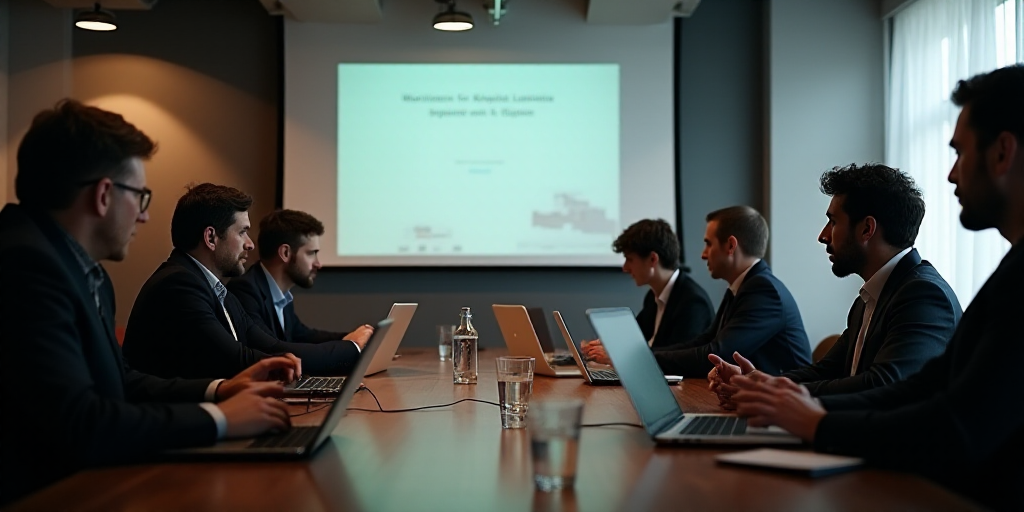Background on Alfonso Ramírez Cuéllar and his Role
Alfonso Ramírez Cuéllar is a Morena party diputado (member of Congress) in Mexico. He has presented an initiative for reforming the Ley Federal de Competencia Económica (LFCE) to comply with the constitutional reform of December 2024. This reform aims to reorganize functions among various state organs and transfer them to new federal government agencies, including the Comisión Federal de Competencia Económica (Cofece) and the Instituto Federal de Telecomunicaciones (IFT).
Context and Pressure for Alignment with T-MEC
Ramírez Cuéllar acknowledged the additional pressure to ensure that new antimonopoly legislation in Mexico aligns with the USMCA (United States-Mexico-Canada Agreement) due to tensions in the trade relationship with the United States. The USMCA prohibits the state from being both a regulator and operator of services, as this creates a conflict of interest.
Telecommunications Regulation and Conflicts of Interest
The diputado highlighted the telecommunications sector as an example, stating that the new agency responsible for regulating this industry should not have any conflicts of interest. He emphasized that the agency must not engage in operational activities, be involved in financial mechanisms, or provide services itself.
Parallel Initiatives and the Need for Consensus
Ramírez Cuéllar’s initiative is one of two being considered. The other was presented by the federal executive branch in late April. Both will be discussed during the extraordinary session of Congress scheduled for June.
The legislator stressed the importance of finding common ground between the two proposals to avoid creating additional points of conflict and ensure a single path forward.
Key Questions and Answers
- What are the two initiatives for LFCE reform? One was presented by the federal executive branch, and the other was suggested by Ramírez Cuéllar. Both aim to give more investigative powers to the antimonopoly agency and impose harsher penalties for violating the LFCE.
- Why is alignment with T-MEC crucial? To prevent further conflicts of interest and potential trade disputes with the United States, especially in sectors like telecommunications where the T-MEC explicitly prohibits the state from being both regulator and operator.
- What are the proposed changes to the antimonopoly agency? Both initiatives propose extending the investigation period for unreported concentrations from one to three years and increasing penalties for serious collusion practices from 10% to 20% of the offender’s revenue.
- What challenges might the new agency face? Experts warn that without sufficient personnel and budget, the new agency may struggle to enforce these stricter regulations effectively.






